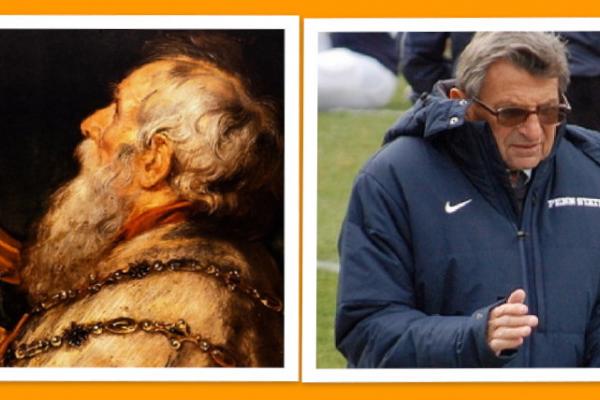Abuse of physical strength and power hasn’t been limited to the locker rooms at Penn State. Nor is it limited to middle-aged men. It's in every culture, every city and state, and in every generation. And, I might add, it is both wicked and foolish.
I think we’ve been given enough examples of such abuse being handled incorrectly—to be swept under the rug instead of dealt with directly. The silence of witnesses only allows the abuse to continue. When I spoke with Daniel Walker, author of the new book God in a Brothel, about child slavery and prostitution, he noted that the men who oppress women and children don’t need to be ministered to as much as they need to be held accountable.
Joe Pa, 84, who had coached at Penn State for more than 45 years, has been fired, and the university’s president has resigned over the abuse scandal. Both actions were reactive responses to a problem that really needed proactive intervention.
Read the Full Article

